Mustard oil has long been a common part of Indian kitchens and Ayurvedic medicine. With its distinctive odor, flavor, and fantastic health benefits, mustard oil is pivotal to traditional cooking and health. In the last few years, however, we will now see refined mustard oils on the shelf, which tout their abilities to be a more modern, cleaner alternative to Kachi Ghani mustard oil.
Is refined better? Or is Kachi Ghani mustard still the healthiest and most authentic option? In this blog, we dig into the differences between refined and Kachi Ghani mustard oil and highlight the reasons why Kachi Ghani mustard oils is undeniably the best choice nutritionally, purity-wise, taste, and health.
Kachi Ghani vs Refined Mustard Oil
Kachi Ghani mustard oil and refined mustard oil differ greatly in both extraction and nutritional value. Kachi Ghani is the traditional process of cold-pressed oil extraction, where oil is extracted from mustard seeds using a wooden or metal press, without using heat. It produces the purest, unrefined mustard oil – with the oil’s natural nutrients intact, strong aroma, and funky flavor. Refined mustard oil is produced through industrial means, using heat and hexane or other chemical solvents. During the refining process, shelf life increases and produces an lighter, neutral flavored oil, but, the beneficial compounds, aroma, and nutritional richness normally associated with mustard oil has been removed. Mustard oil is a staple oil in Indian kitchens for its traditional uses, strong aroma, and funky flavor – its hard to substitute for.
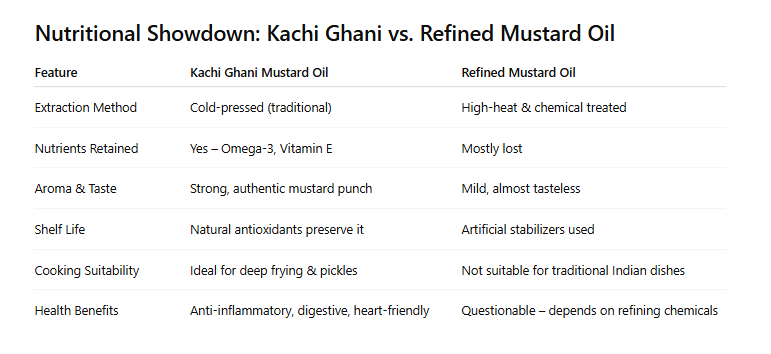
1. Nutritional Superiority
Kachi Ghani Mustard Oil:
Rich in monounsaturated and polyunsaturated fatty acids (MUFA and PUFA).
Contains omega-3 and omega-6 fatty acids, essential for heart and brain health.
High levels of vitamin E and natural antioxidants.
Retains allyl isothiocyanate, a natural compound with antibacterial, antifungal, and anti-inflammatory properties.
Refined Mustard Oil:
Most nutrients are lost during high-heat processing.
Contains fewer essential fatty acids and minimal antioxidants.
Lower therapeutic and medicinal value due to chemical processing.
2. No Harmful Chemicals
One of the biggest concerns with refined mustard oil is the use of chemical solvents and bleaching agents during the refining process. Even trace amounts of these substances can have long-term health effects, especially with regular consumption.
Kachi Ghani mustard oil, on the other hand, is free from chemicals and preservatives, making it a much safer option for daily use.
3. Better Digestive Health
Thanks to its natural composition, Kachi Ghani mustard oil helps stimulate digestive juices, supports appetite regulation, and can even aid in detoxification.
In contrast, refined oils are harder to digest and may contribute to issues like bloating, acidity, and indigestion, especially when consumed in large quantities.
4. Heart Health Benefits
The natural MUFA and PUFA content in Kachi Ghani mustard oil help lower bad cholesterol (LDL) and increase good cholesterol (HDL). This reduces the risk of heart disease, hypertension, and stroke.
Refined mustard oil, however, lacks the same level of beneficial fats and often undergoes hydrogenation, which may increase trans fats – harmful to the heart.
5. Natural Antibacterial & Antifungal Properties
One of the lesser-known but highly valuable aspects of Kachi Ghani mustard oil is its antimicrobial activity. The natural isothiocyanates present in cold-pressed mustard oil are effective against a wide range of harmful microorganisms.
This makes it useful not only for cooking but also for massaging infants, treating minor skin infections, and maintaining oral hygiene in traditional practices.
Refined oil lacks these properties due to the heat and chemical processes that destroy the bioactive compounds.
6. Traditional Aroma and Taste
For those who appreciate authentic Indian flavors, nothing compares to the aromatic punch of Kachi Ghani mustard oil. It’s a key ingredient in many traditional dishes from Bengal, Punjab, and Rajasthan.
Refined mustard oil is often odorless or neutral in flavor, making it unsuitable for authentic Indian cooking where taste and aroma play a central role.
7. Higher Smoking Point is Not Always a Benefit
Refined oils are often marketed as better because of their higher smoking point – the temperature at which oil starts to burn and produce smoke. While this may be useful for certain cooking methods, it’s not always healthier.
When Kachi Ghani mustard oil is heated properly (not overheated), it still retains most of its properties and provides better nutritional value. Also, for most Indian cooking styles like sauteing, tempering, and light frying, the moderate smoking point of Kachi Ghani is more than sufficient.
8. Eco-Friendly and Locally Sourced
Kachi Ghani mustard oil is often produced by local farmers and traditional mills, supporting sustainable agriculture and rural livelihoods. It’s usually packaged with minimal processing, making it a more eco-conscious choice.
Refined mustard oils, on the other hand, are typically mass-produced in factories, often with imported seeds and chemical-heavy processes, increasing the carbon footprint.
9. Ayurvedic Relevance
In Ayurveda, mustard oil is considered heating in nature, helping to balance Kapha and Vata doshas. It is recommended for:
Joint pain and inflammation
Skin massage (Abhyanga)
Boosting circulation
Enhancing immunity
The refining process nullifies these benefits, which is why traditional medicine systems do not recommend refined mustard oil.
10. Cost vs. Value
While refined mustard oil may appear cheaper, it offers less value in terms of nutrition, health benefits, and taste. Kachi Ghani oil might cost a bit more, but the long-term health benefits far outweigh the price difference.
As the saying goes, “Cheap oil can cost you your health.”
In selecting cooking oils, based on nutrition, tradition, and purity, instead of convenience or price we will be poor consumers of oils. Kachi Ghani mustard oil is a uniquely natural, wholesome and timeless option and dietary source that has provided nourishment for generations.
Say yes to tradition. Say yes to purity. Say yes to Kachi Ghani mustard oil.
Frequently Asked Questions (FAQs)
Q. Can I use Kachi Ghani mustard oil for deep frying?
Yes, you can, but always properly heat the oil to its smoke point and wait for it to cool just a little before you begin cooking. Heating in this way diminishes the pungent nature of the oil while preserving nutrients.
Q. Is Kachi Ghani mustard oil good for babies?
Yes, in a massage oil capacity (used externally), Kachi Ghani mustard oil is good for babies. It helps to build strength, provide warmth, and strong circulatory system in infants.
Q. Does refined mustard oil have health benefits?
Refined mustard oil contains very little (non-little) erucic acid in some processed forms, nonetheless, many of the natural health benefits are removed during processing and refining of the oil.



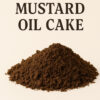



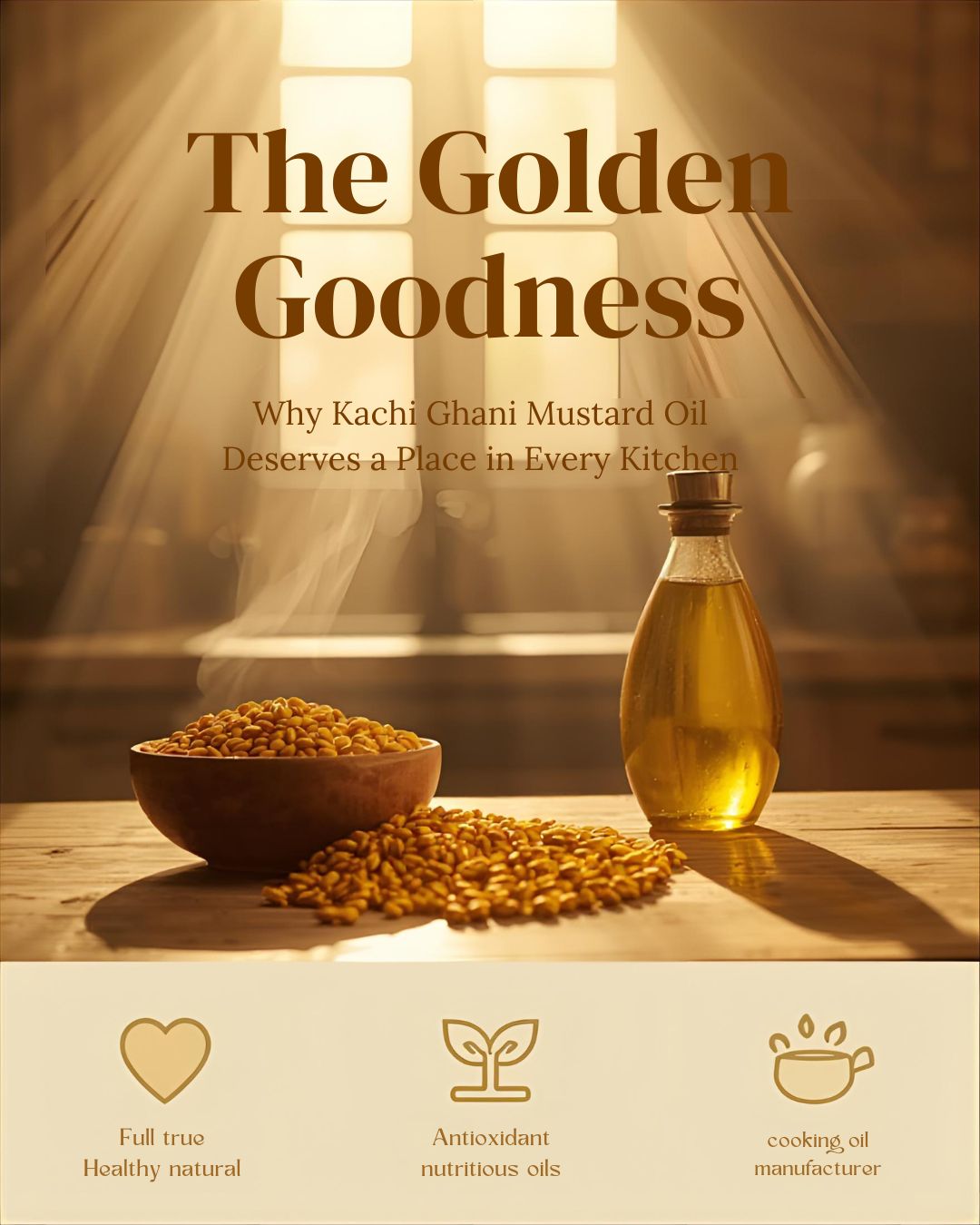
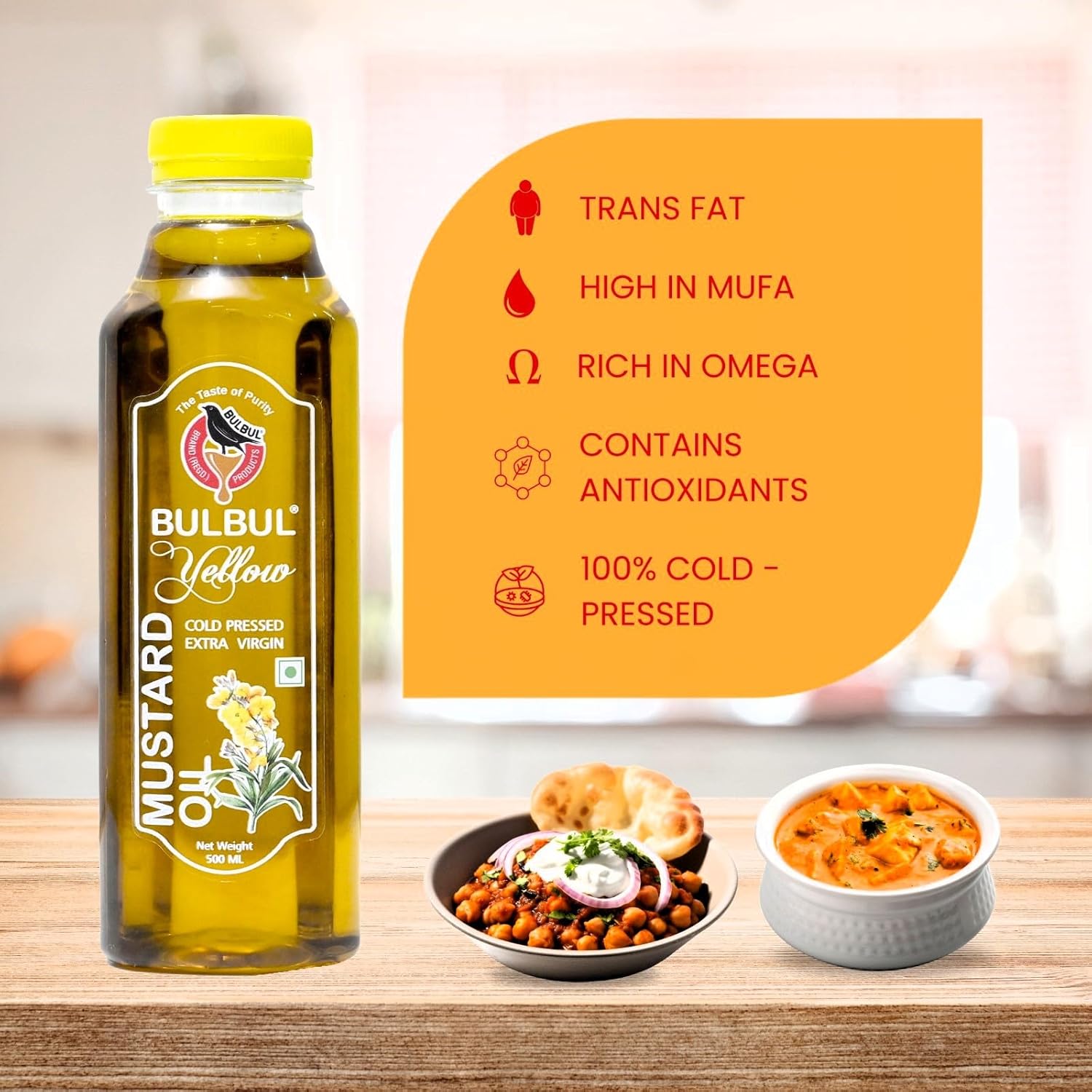
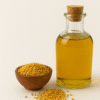


Leave a reply